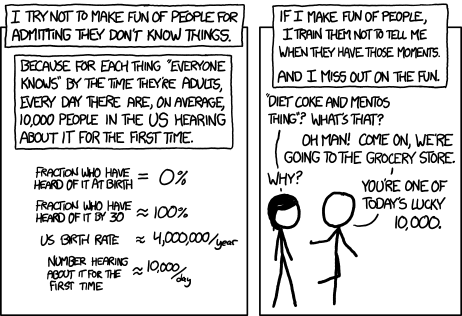Specialists vs Generalists
* Note: this is a backdated post from an email I sent to friends, lightly edited for content and context
This post on Farnam Street was one of the more interesting things I’ve read lately. It talks about the tradeoffs between specialising vs generalising, and how they are not necessarily mutually exclusive.
Some quotes below on why Farnam Street thinks that way:
When their particular skills are in demand, specialists experience substantial upsides. The downside is that specialists are vulnerable to change
Every day, we have to decide where to invest our time — do we become better at what we do or learn something new?
Specialize most of the time, but spend time understanding the broader ideas of the world
In other words, Farnam Street is advocating for being a “T shaped” generalist, where you’re great at at least one thing, and then have broad knowledge of other areas. It’s similar to the hedgehog vs fox forecasting that Philip Tetlock has written about
I recall reading advice before about how you should aim to be great in two or more skills. Can’t remember where it was from [1], but the reasoning was that there are plenty of people who are experts in one, but having a combination makes you much more desirable. e.g. finance + communication vs just finance.
There’s also the thought that it’s nearly impossible to #1 in an area, but being #50 in two or more is achievable with less effort given diminishing marginal returns. Maybe not the case for some of you but something to think about.
While others might also say that being exposed to more areas will inspire creativity in your core competencies, like how Claude Shannon came up with information theory by connecting two areas previously thought separate.
And personally, I just think being curious and learning about random things is fun, which is why I love this comic.

It does mean I ‘waste’ some time on irrelevant articles or works I’ll never understand e.g Shakespeare but I think (hope?) the overall return’s been a net positive.
One other implication is to also revise your views in light of new evidence. As Morgan Housel and others have written, take a position of “I have an evidence-based strategy but am open to amending, and I know I’ll occasionally be wrong even when I technically should have been right”
When you’re doing learning for fun though, I’d be careful to understand the limits of your knowledge in this new area, as it is very easy to think you know something when you actually don’t understand it. i.e. knowing the name of something vs understanding the concept. Don’t be a pretender.
What has your experience been like in balancing specialising vs generalising? Feel free to email me in reply.
Footnotes
- Have been told it’s by Scott Adams of Dilbert, could be mistaken though.